Indigenous Governance Database
Constitutions
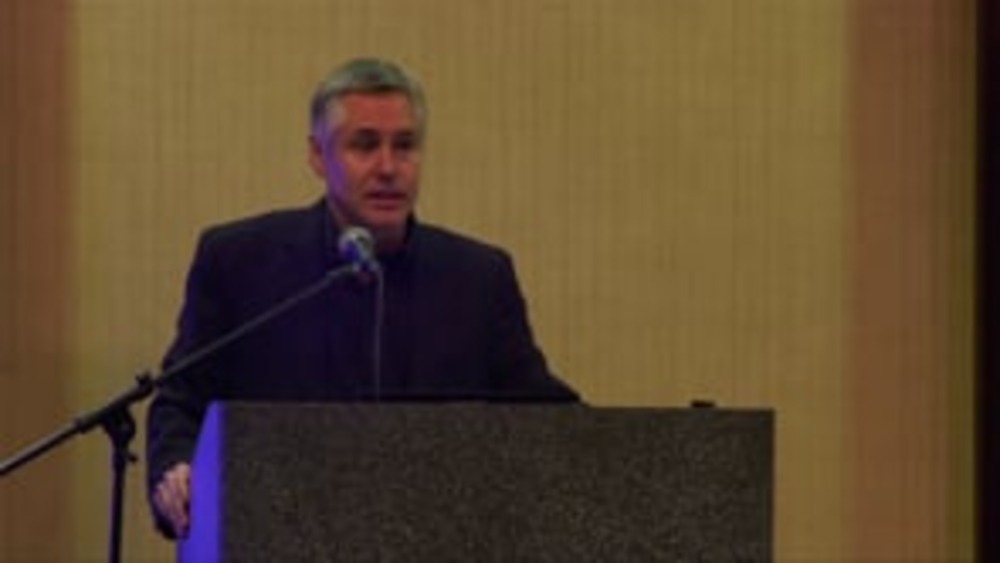
John Borrows and Stephen Cornell: Citizenship: Culture, Language and Law (Q&A)
Professors John Borrows and Stephen Cornell field questions from conference participants about a number of topics surrounding Indigenous notions of citizenship and membership. In addition, some participants provide brief commentaries about how their particular Native nations are wrestling with this…
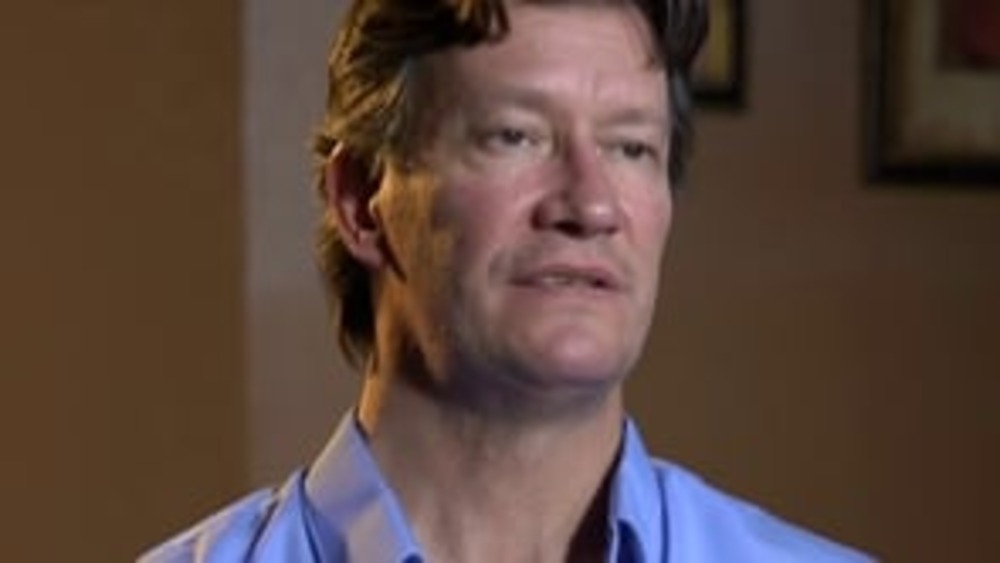
Native Leaders: The Purpose and Challenge of Redefining Citizenship
Several Native leaders share their thoughts on why their nations are deliberating potential changes to their citizenship criteria, and they discuss some of the many challenges that Native nations face in this complex area of governance.
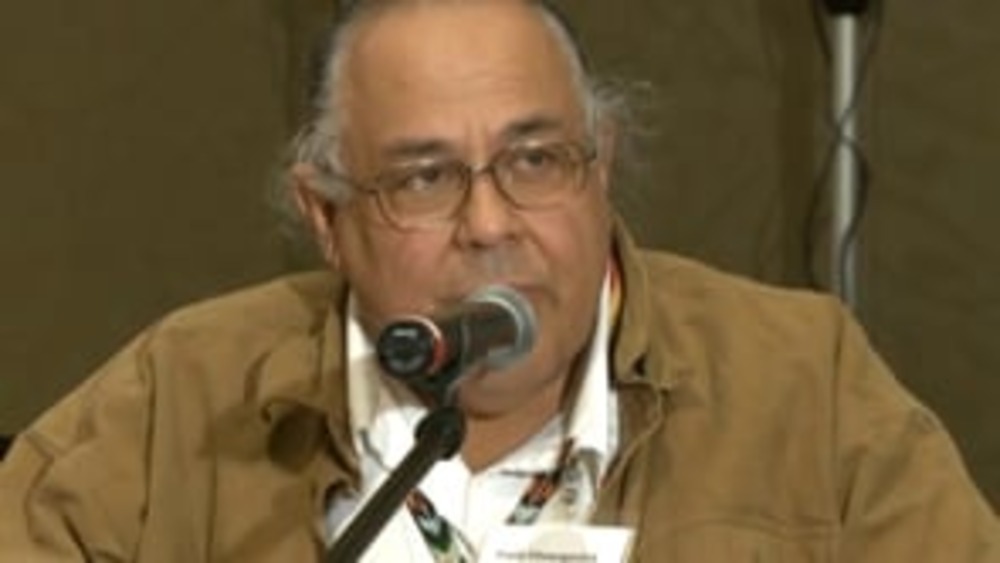
Native Leaders and Scholars: The Movement Away from Blood Quantum
Several Native leaders and scholars discuss the growing movement away from blood quantum as a primary criteria for determining eligibility for citizenship in Native nations.
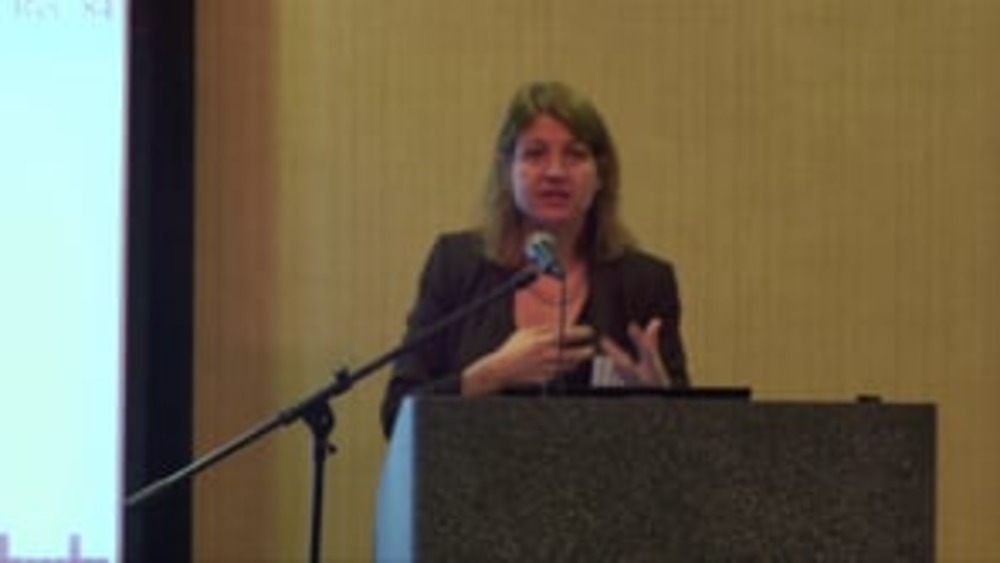
Bethany Berger: Citizenship: Culture, Language and Law
University of Connecticut Law Professor Bethany Berger provides a brief history of the federal policies that have negatively impacted the ways that Native nations define and enforce their criteria for citizenship historically through to the present day. This video resource is featured on the…
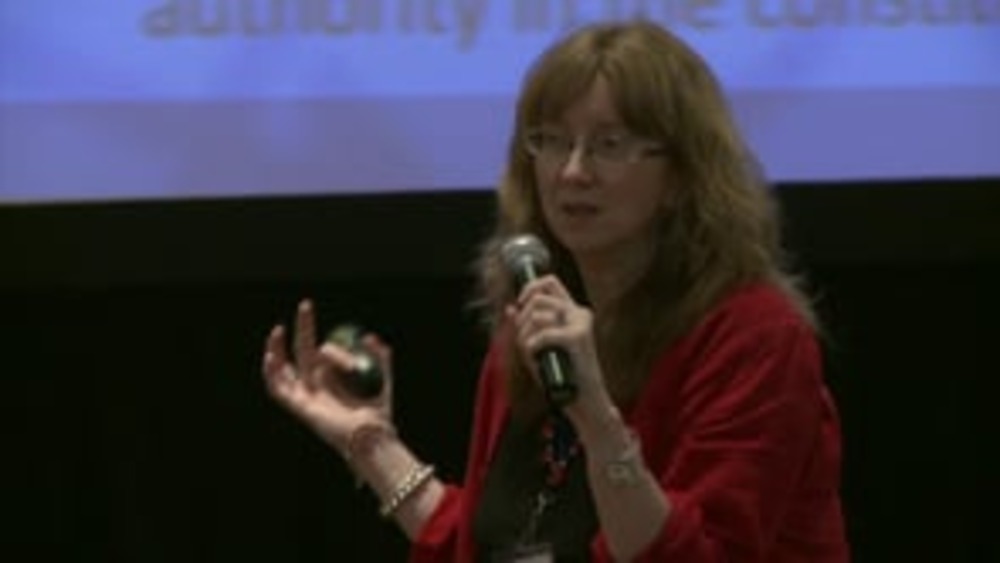
Melissa Tatum: Striking a Balance on What to Include in Your Constitution (Presentation Highlight)
In this highlight from the presentation "Key Things a Constitution Should Address: 'How Do We Resolve Disputes?'," legal scholar Melissa Tatum discusses the importance of a Native nation striking a balance between what to include in its constitution and what not to include in its constitution so…
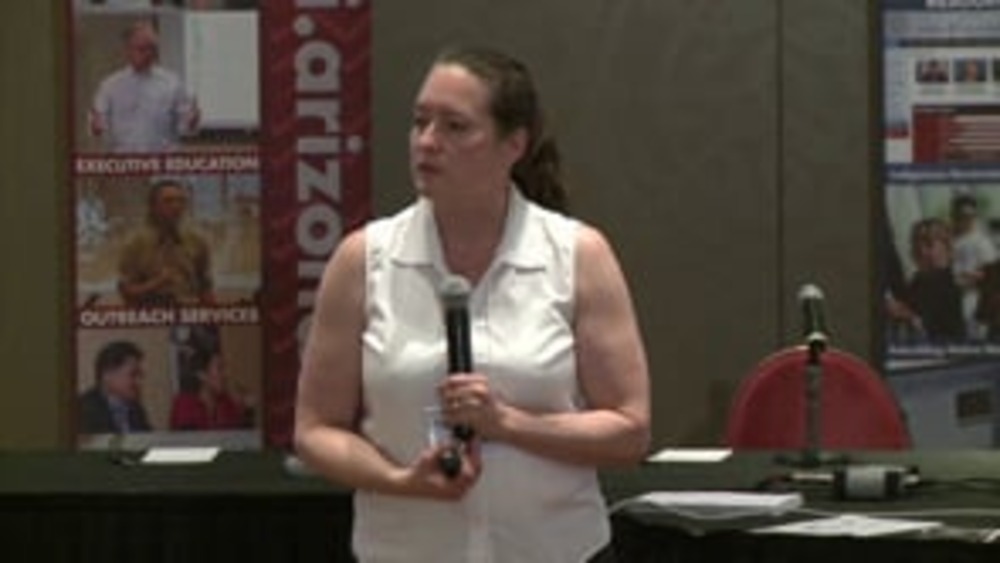
Miriam Jorgensen: Constitutions: Creating Space for Court-Made Law and Judicial Review (Presentation Highlight)
In this highlight from the presentation "Key Things a Constitution Should Address: 'How Do We Make Law?'," NNI's Miriam Jorgensen explains how a growing number of Native nations are creating space for court-made law and judicial review of legislative and executive actions in their redesigned…
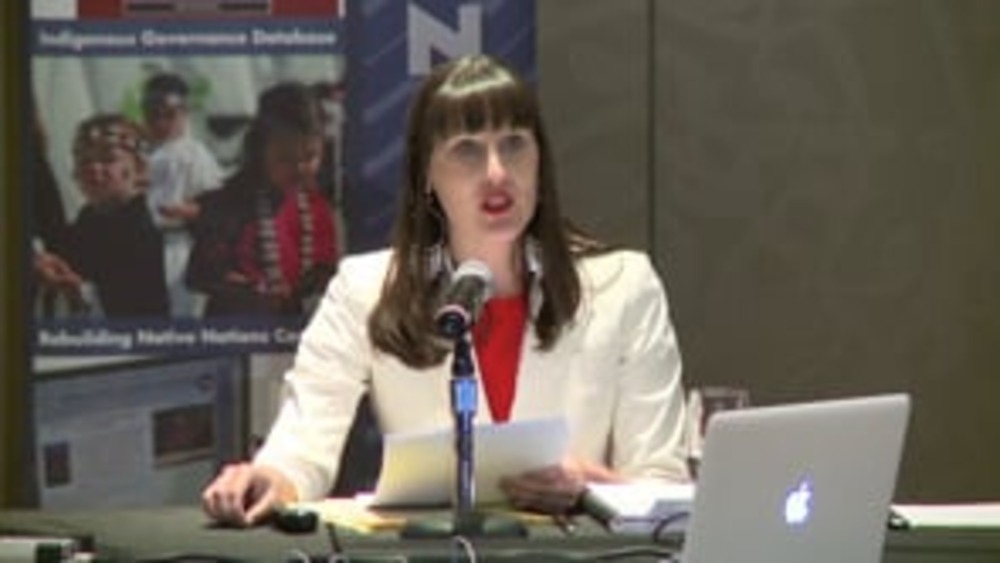
Jill Doerfler: "No Easy Answer": Citizenship Requirements
Anishinaabe scholar Jill Doerfler discusses the process that the White Earth Nation followed to arrive at their new constitution, and details the evolving debate at White Earth about which citizenship criteria it would incorporate into this new governing document.
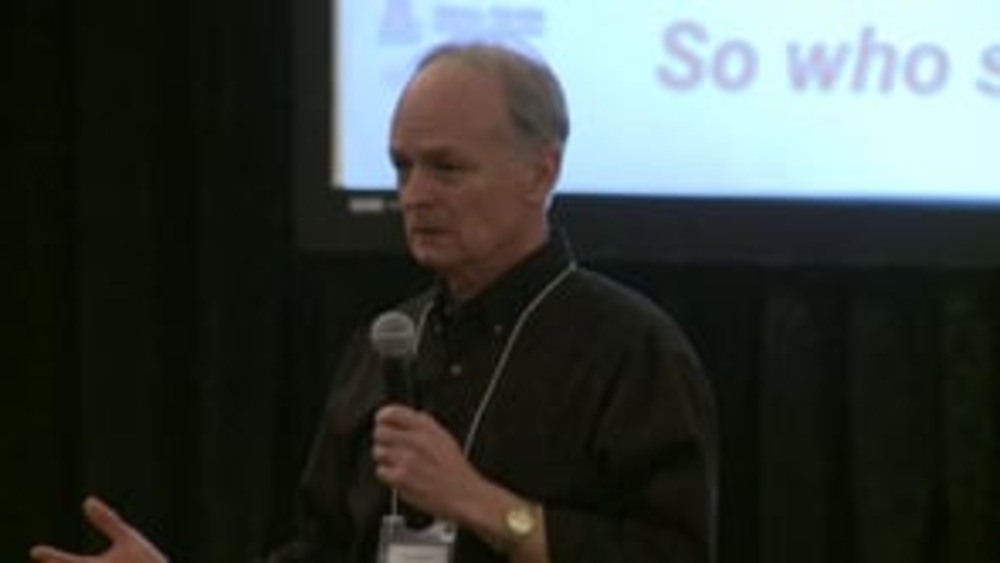
Stephen Cornell: The Task of Reclaiming Self-Governance (Presentation Highlight)
In this highlight from the presentation "Key Things a Constitution Should Address: 'Who Has Responsibility for What?'," NNI's Stephen Cornell provides an overview of the fundamental questions that Native nations must ask themselves as they reclaim control over and then redesign their governance…
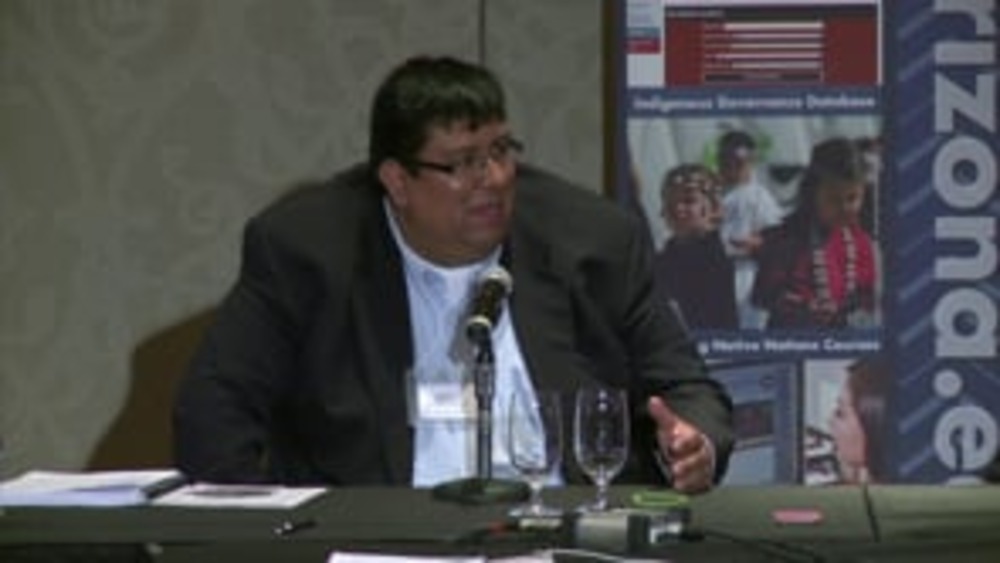
Anthony Hill and Angela Wesley: The Process of Constitutional Reform: The Challenge of Citizen Engagement (Q&A)
Presenters Anthony Hill and Angela Wesley field questions from the audience about the approaches their nations took to constitutional reform.
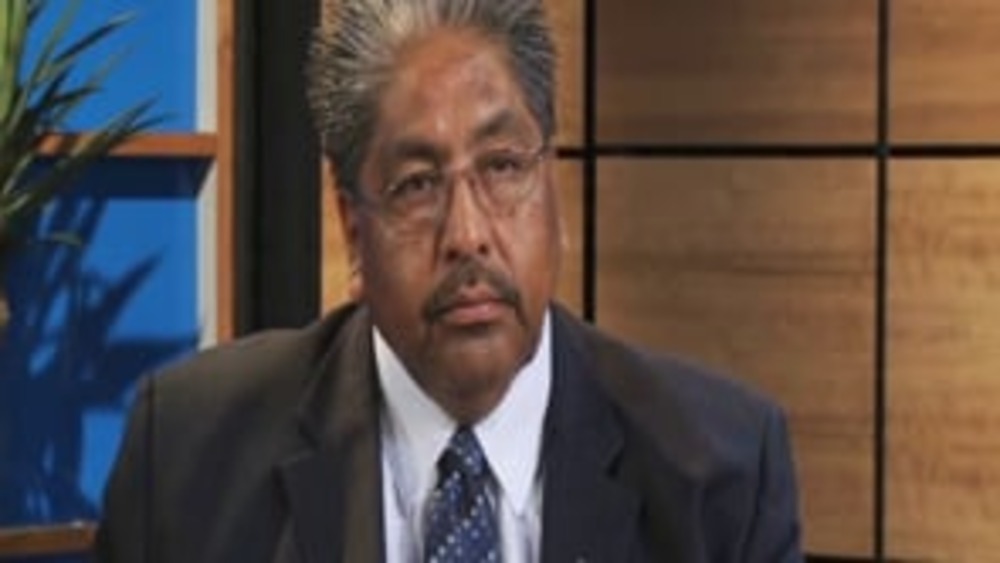
Ned Norris, Jr.: Strengthening Governance at Tohono O'odham
Tohono O'odham Nation Chairman Ned Norris, Jr. discusses how his nation has systematically worked to strengthen its system of governance, from creating an independent, effective judiciary to developing an innovative, culturally appropriate approach to caring for the nation's elders.
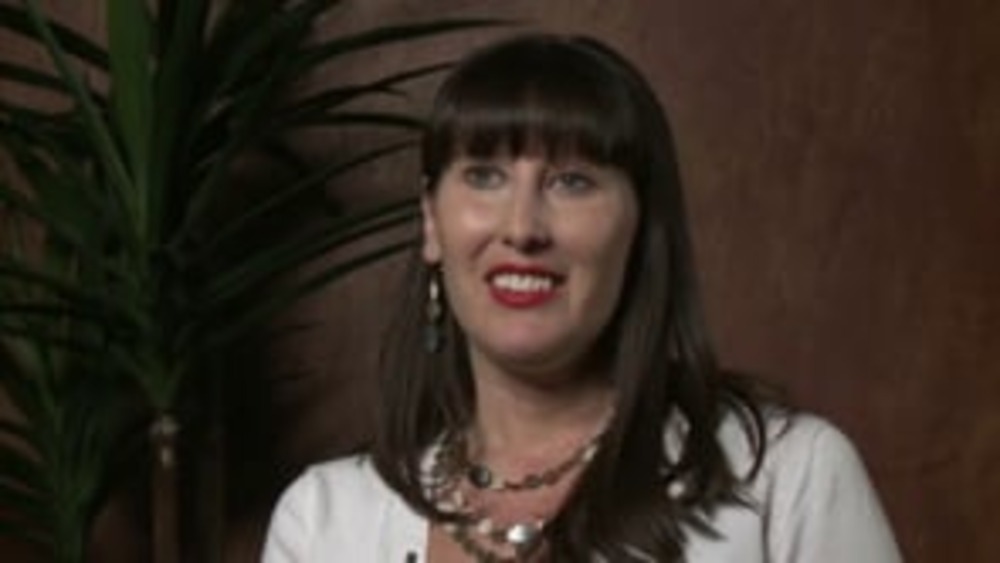
Jill Doerfler: Constitutional Reform at the White Earth Nation
In this in-depth interview with NNI's Ian Record, Anishinaabe scholar Jill Doerfler discusses the White Earth Nation's current constitutional reform effort, and specifically the extensive debate that White Earth constitutional delegates engaged in regarding changing the criteria for White Earth…
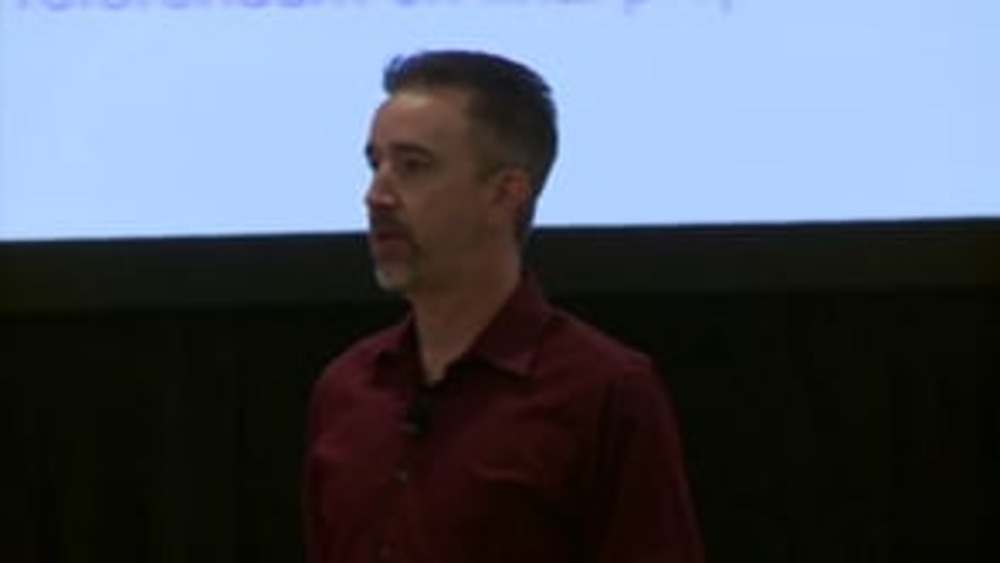
Ian Record: Setting the Focus and Providing the Context: Critical Constitutional Reform Tasks (Presentation Highlight)
In this highlight from the presentation "The Process of Constitutional Reform: The Challenge of Citizen Engagement," NNI's Ian Record lays out two critical overarching tasks that those charged with leading a nation's constitutional reform effort must undertake.

NNI Indigenous Leadership Fellow: Frank Ettawageshik (Part 1)
Frank Ettawageshik, former chairman of the Little Traverse Bay Bands of Odawa Indians (LTBBO), discusses how LTBBO has set a solid foundation upon which to engage in nation rebuilding through its development and ratification of a new constitution and governance system that is culturally appropriate…
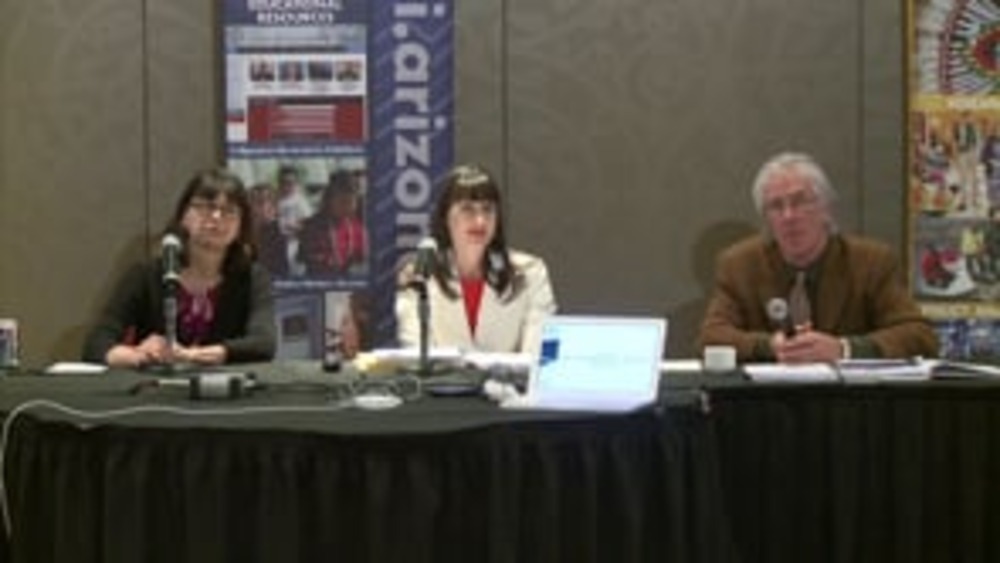
Jill Doerfler and Carole Goldberg: Key Things a Constitution Should Address: Who Are We and How Do We Know? (Q&A)
Presenters Jill Doerfler and Carole Goldberg field questions from seminar participants about the various criteria that Native Nations are using to define citizenship, and some of the implications that specific criteria present.
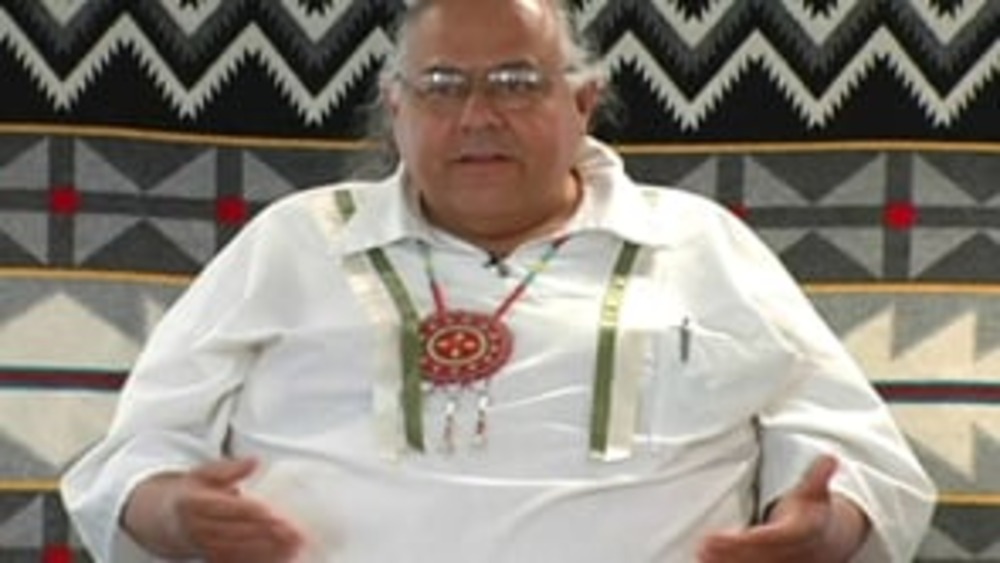
Frank Ettawageshik: Exercising Sovereignty: The Little Traverse Bay Bands of Odawa Indians
Frank Ettawageshik, former chairman of the Little Traverse Bay Bands of Odawa Indians (LTBBO), discusses how LTBBO has systematically built its legal infrastructure in order to fully and capably exercise the nation's sovereignty and achieve its nation-building goals. He discusses some of the…
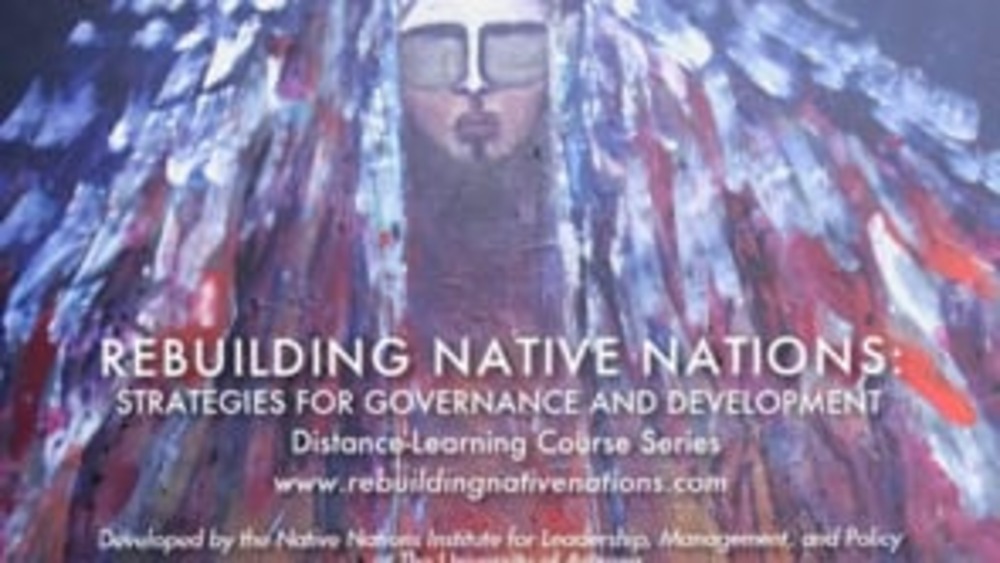
The Rebuilding Native Nations: Strategies for Governance and Development course series
This short video provides a comprehensive overview of NNI's "Rebuilding Native Nations: Strategies for Governance and Development distance-learning course series. The curriculum examines the critical governance and development challenges facing Native nations and surveys the breadth and…
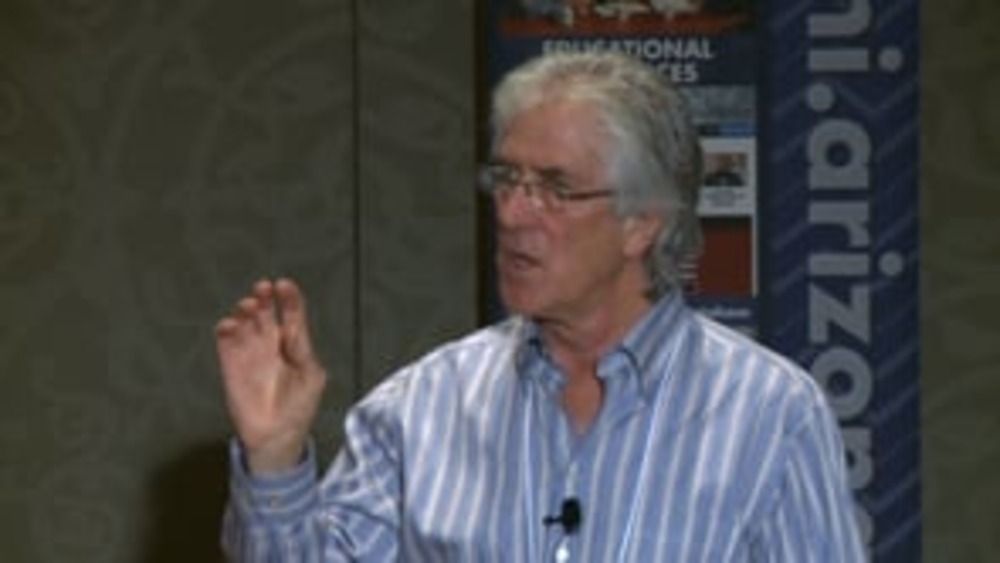
Robert Hershey: The Legal Process of Constitutional Reform
Robert Hershey, Professor of Law and American Indian Studies at the University of Arizona, provides an overview of what Native nations need to consider when it comes to the legal process involved with reforming their constitutions, and dispels some of the misconceptions that people have about the…
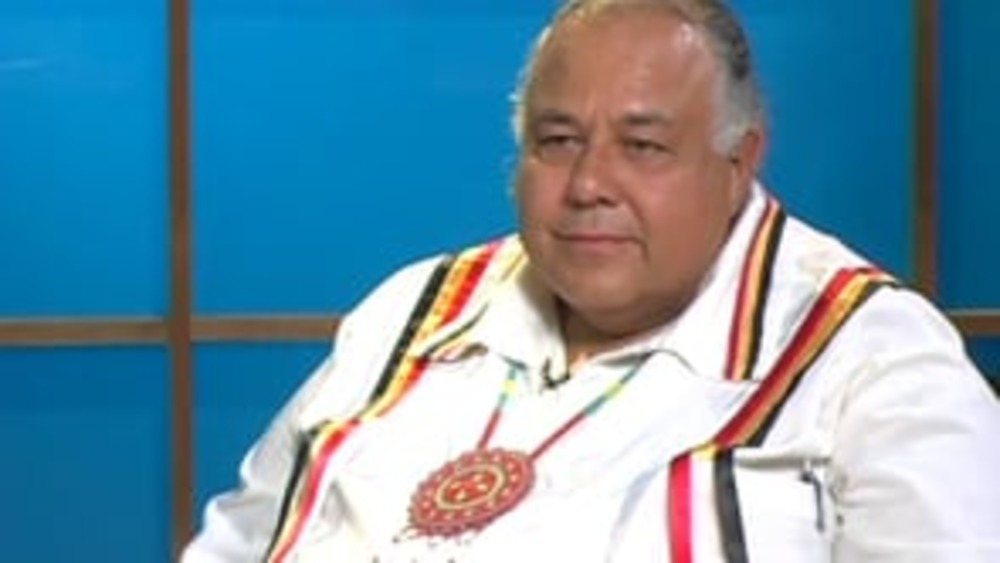
NNI Indigenous Leadership Fellow: Frank Ettawageshik (Part 2)
Frank Ettawageshik, former chairman of the Little Traverse Bay Bands of Odawa Indians (LTBBO), discusses the critical role that intergovernmental relationship building plays in the practical exercise of sovereignty and the rebuilding of Native nations. He shares several compelling examples of…
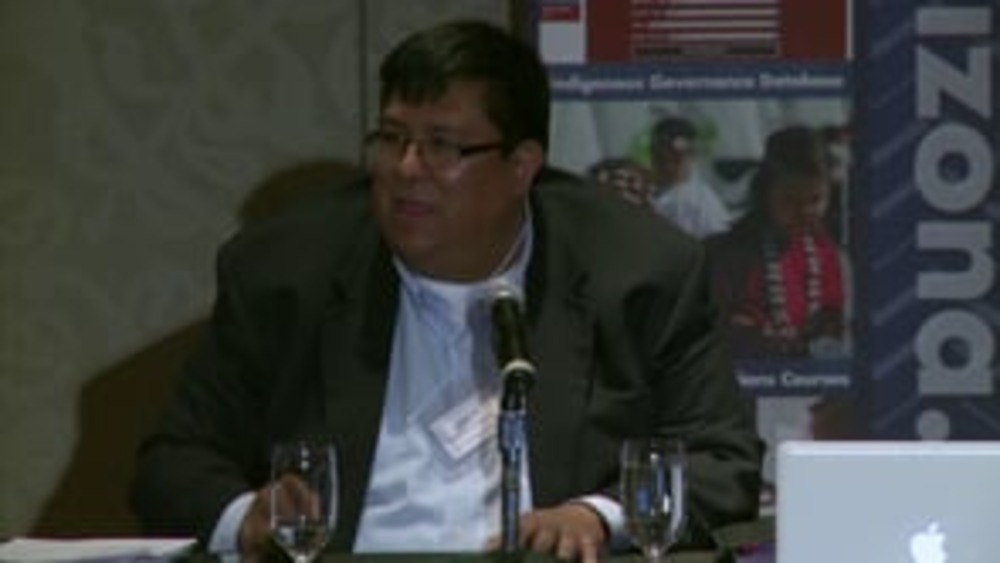
Anthony Hill: Constitutional Reform on the Gila River Indian Community
Gila River Indian Community (GRIC) Chief Judge Anthony Hill, who served as Chair of the Gila River Constitutional Reform Team, discusses the reform process that GRIC followed, the current state of GRIC's reform effort, and what he sees as lessons learned from Gila River's experience.
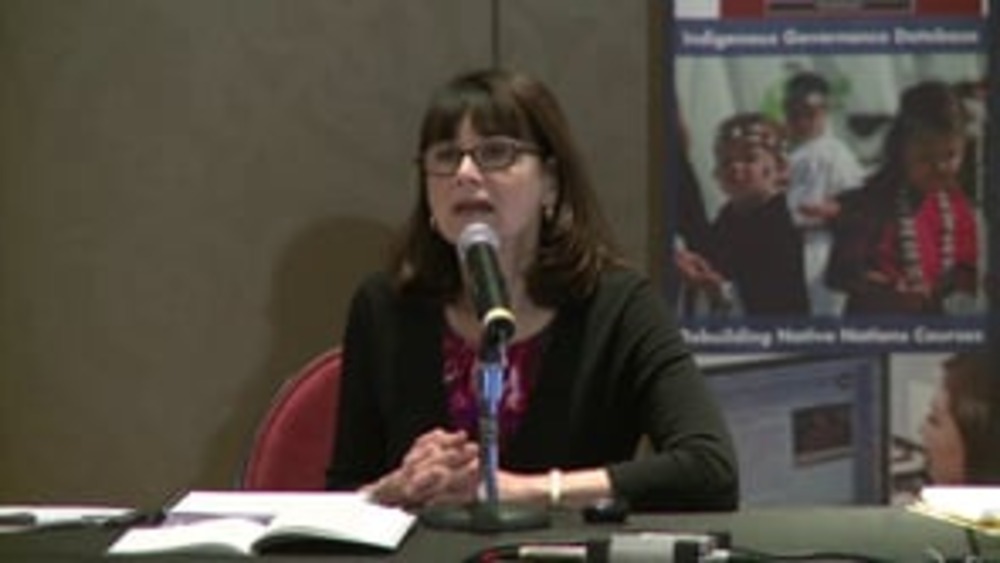
Carole Goldberg: Designing Tribal Citizenship
Scholar Carole Goldberg shares what she's learned about citizenship criteria from her extensive work with Native nations across the country, and sets forth the internal and external considerations that Native nations need to wrestle with in determining what their citizenship criteria should be.
Pagination
- First page
- …
- 11
- 12
- 13
- …
- Last page
